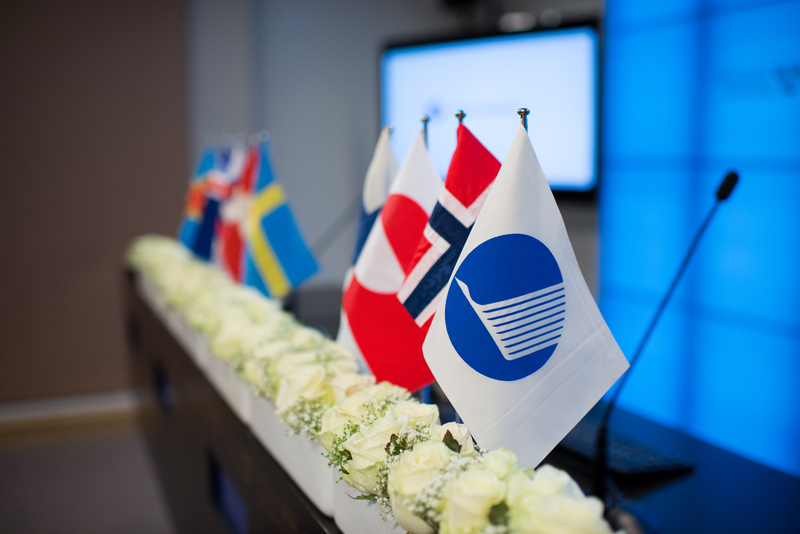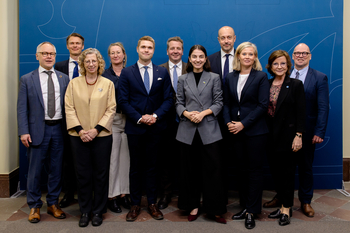Successful end to tax project

The project came to an end just as media the world over were reporting on the Panama papers, which revealed that tax evasion still goes on, even in the Nordic region.
“The Nordic information agreement was a breakthrough in efforts to combat tax evasion,” says Torsten Fensby who initiated and managed the project.
“Thanks to the agreement, millions of kroner have been repatriated, money that we would never have seen hide nor hair of without the agreement. The Nordic experts had really good networks in the OECD, which proved to be really crucial,” he points out. The countries stuck together, negotiated together and succeeded where everybody else had failed.
Thanks to the agreement millions of kroner have been repatriated, money that we would never have seen hide nor hair of without the agreement.Trude Steinnes Sønvisen, tax expert at the Norwegian Ministry of Finance, who was also part of the project right from the start backs up what Fensby says.
“Before the Nordic agreement our job was a bit of an exercise in futility. None of us every thought we’d get this far.
But the information-exchange agreements are, of course, just a start. Everybody agrees on that. As it stands, the package assumes that you have information about money that has been secreted away and that the tax authorities can ask – and receive answers – about it.
“The next step, which is completely revolutionary, is the agreement to exchange of information automatically, which comes into full force next year,” Steinnes Sønvisen says. This will provide the authorities with regular information updates without needing to know a name or an amount.
Before the Nordic agreement our job was a bit of an exercise in futility. None of us every thought we’d get this far.“Tax evasion is a huge global political challenge,” Fensby comments.
“For us, and the rest of the world, it is a matter of bringing our tax legislation into the 21st century. The situation is still that there are no controls on the movement of money.”
Fensby also stresses the need for countries to respect each others’ systems.
“No matter what tax system different countries have, they should all be able to function without one country profiting from another. It is a realistic and just requirement, and one also accepted by the majority of so-called offshore tax centres.
But some people will always cheat. The untaxed offshore sector is a threat to the whole global economy. If we can’t get it under control, the mathematical probability is that the world is heading for a new financial crisis,” he adds.
Trude Steinnes Sønvisen agrees and calls for stricter punishments and higher fines for those who spirit money away.
For the Nordic Council of Minister, the tax-information agreement shows what the countries are capable of when they act together.
“Nordic co-operation made this progress possible. Our political network has huge significance, not just in the Nordic region but globally,” says Dagfinn Høybråten, Secretary General of the Nordic Council of Ministers.
The importance of working together is recognised at ministerial level as well.
“The fact that the Nordic countries worked together on this was absolutely critical,” says Charlotte Svensson, State Secretary to Magdalena Andersson, the Swedish Minister of Finance. “It shows just how important Nordic co-operation really is.”




